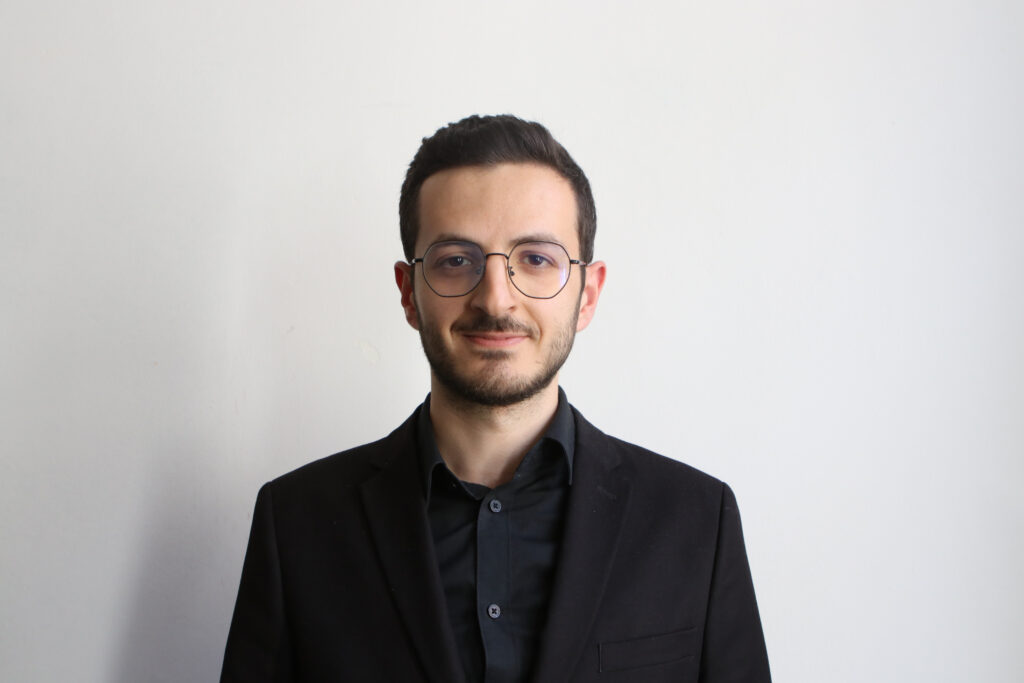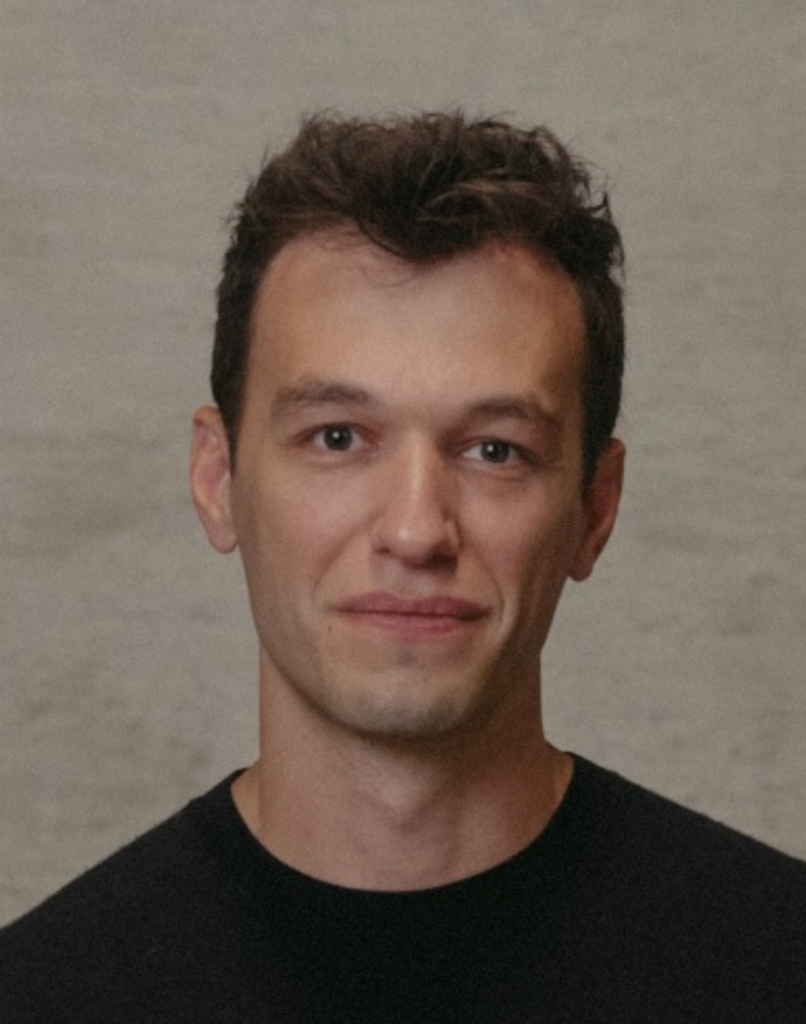Advanced military forces like those of the US, Russia, China, Turkey, and several EU countries, including the Netherlands, are actively developing, testing, and deploying technologies with multiple degrees of autonomy across various battlefields, ranging from Libya and Syria to Ukraine, Gaza, and beyond. While developers and armed forces promote these systems as enhancing the speed and effectiveness of military engagement, academic and public debates raise concerns about the undermining of human control in making life-and-death decisions, and the impact on the scale of civilian harm.
From an interdisciplinary and transdisciplinary perspective, this research project explores the realities of increasing autonomy in warfare through artificial intelligence and its broader implications. From an International Relations, Science and Technology Studies, Conflict Studies, and Law perspective, we investigate how integrating algorithms into existing military technology paves the way for more autonomy, ludification, and remoteness in war, changing the dynamics of the battlefield and posing new risk to civilians, as well as to fundamental democratic principles like transparency, accountability, and the rule of law.
Core Team

Milutin Djuraskovic
Project Officer and PhD Candidate in International Relations and Conflict Studies

Lauren Gould
Co-director and Associate Professor in Conflict Studies

Jessica Dorsey
Co-director and Assistant Professor in International and European Law

Linde Arentze
Project Manager and PhD Candidate in Conflict Studies

Marijn Hoijtink
Project Member and Associate Professor in International Relations

Sander van den Hurk
Creative Director





